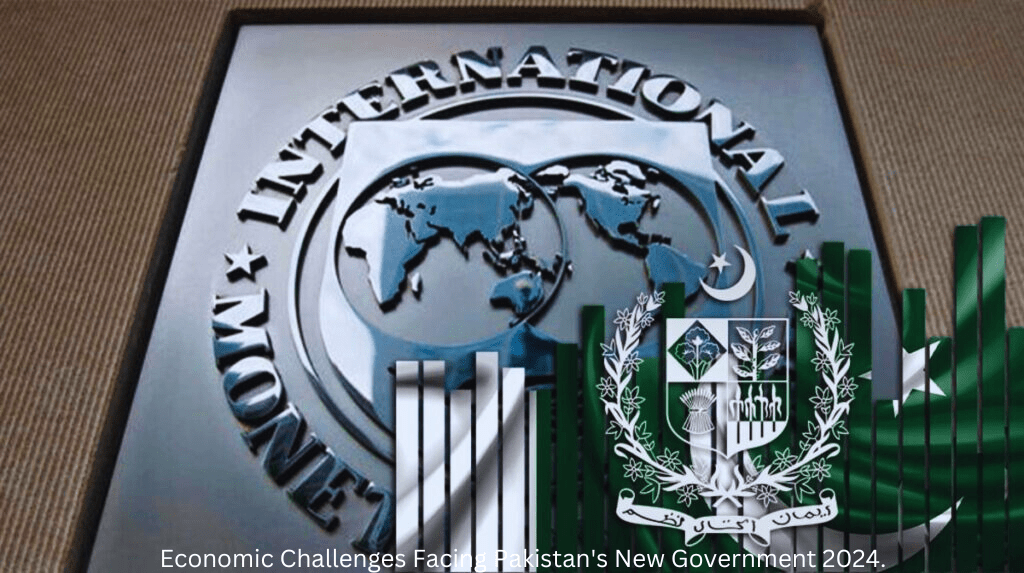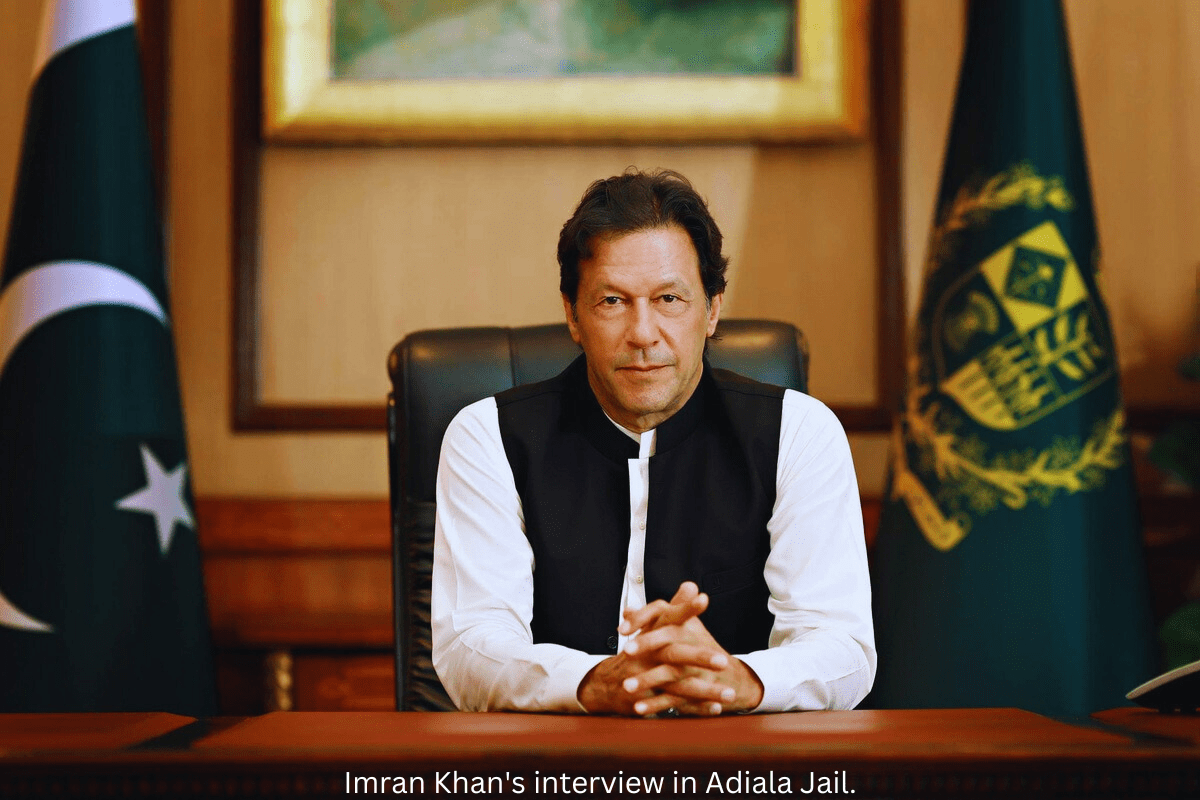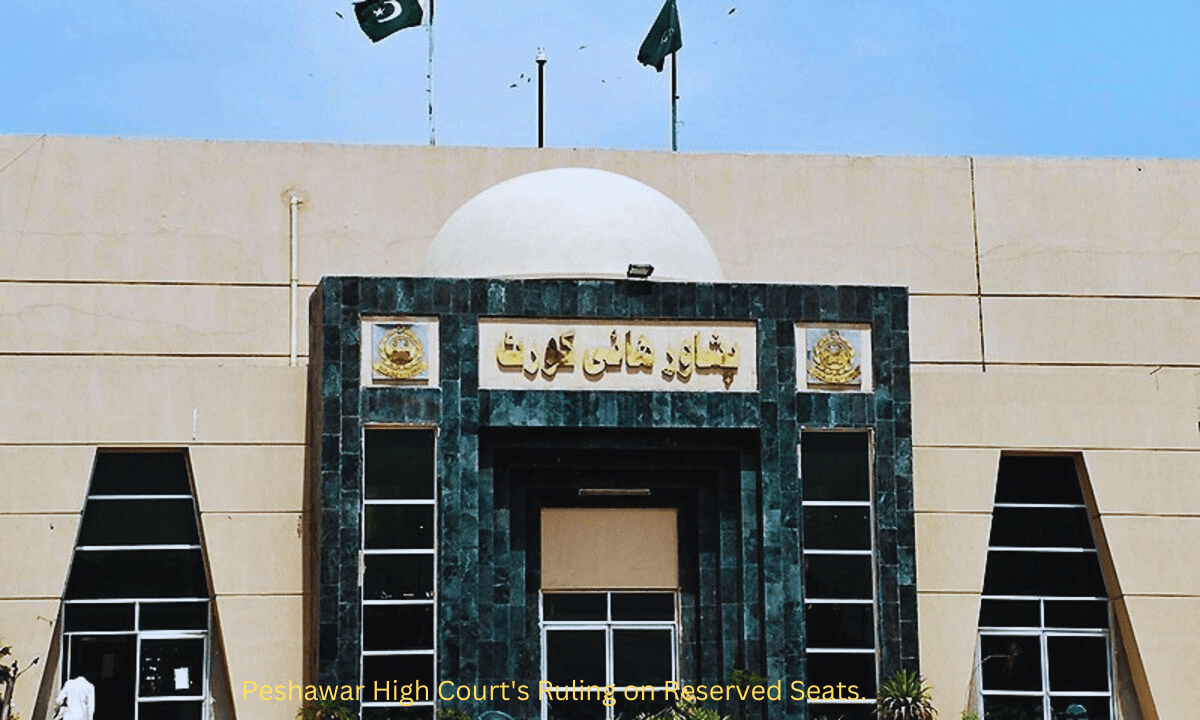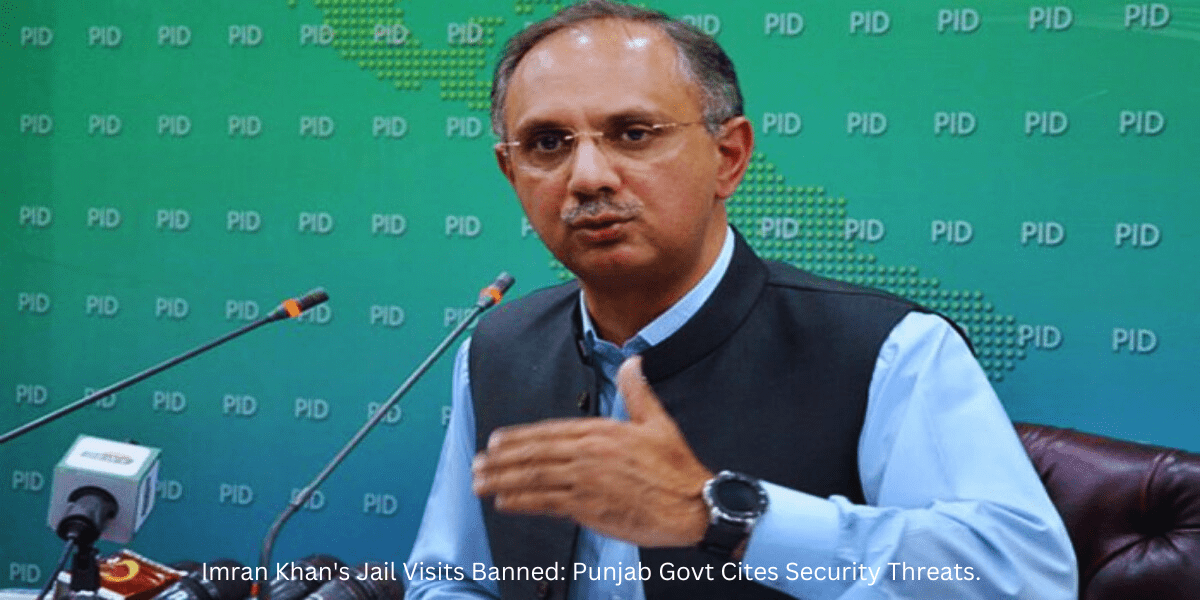
Pakistan’s new government is poised to face a daunting array of economic challenges as it steps into power. From grappling with soaring inflation and staggering debt to navigating delicate IMF negotiations, the path ahead is fraught with obstacles. Structural reforms are imperative, yet they come with the risk of political backlash and social unrest. The delicate balance between austerity measures and fiscal responsibility will test the resolve of the new leadership. As foreign inflows remain uncertain, the government must tread cautiously to stabilize the economy while addressing the needs of its citizens. Despite the aspirations for change, the road ahead appears turbulent, with political capital dwindling and legitimacy in question. 2024 may prove to be a pivotal year where Pakistan’s economic future hangs in the balance, shaped by the decisions of its new government.
Economic Challenges Facing Pakistan’s New Government
As Pakistan gears up for a transition of power, the incoming government must confront a myriad of economic challenges that threaten the stability and prosperity of the nation. From crippling inflation to mounting debt and critical negotiations with the IMF, the road ahead is fraught with obstacles that demand swift and decisive action.
Inflation A Persistent Threat to Economic Stability
For nearly five years, inflation has been a relentless force, eroding the purchasing power of millions of households across Pakistan. The government’s failure to rein in rising prices has exacerbated the plight of the populace, leading to widespread discontent and economic instability.
Debt Burden A Looming Crisis
Pakistan’s staggering debt burden looms large, constraining the fiscal space available to the new government. Without a sustainable plan to address the mounting debt, the nation risks spiraling further into financial turmoil, undermining its long-term economic prospects.
IMF Negotiations A Crucial Juncture
Critical negotiations with the IMF loom on the horizon, presenting a make-or-break moment for Pakistan’s economic future. Securing a new multi-year agreement with the IMF is essential to unlocking much-needed financial assistance and restoring investor confidence in the nation’s economy.
Structural Reforms Path to Economic Resilience
Amidst the turmoil, structural reforms emerge as a beacon of hope, offering a path to economic resilience and long-term growth. The new government must prioritize reforms that enhance transparency, improve governance, and foster sustainable development across all sectors of the economy.
Austerity Measures Navigating Tough Choices
In the face of mounting economic challenges, the government may be forced to implement austerity measures to restore fiscal discipline and reign in spending. However, such measures risk exacerbating social unrest and exacerbating tensions with vested interests in the status quo.
Fiscal Deficit Balancing Act for Economic Stability
Tackling the fiscal deficit is paramount for restoring economic stability and investor confidence in Pakistan. The government must strike a delicate balance between austerity measures and strategic investments that spur growth and job creation while ensuring fiscal sustainability.
Foreign Inflows Catalyst for Economic Growth
Attracting foreign inflows is essential for bolstering Pakistan’s foreign reserves and stabilizing its currency. The government must explore new avenues for attracting foreign investment, fostering trade partnerships, and strengthening diplomatic ties to unlock additional sources of foreign capital.
Political Economy Navigating Complex Realities
The intersection of politics and economics poses formidable challenges for the new government as it seeks to navigate the intricacies of Pakistan’s political economy. Balancing competing interests, managing vested interests, and fostering consensus will be essential for driving meaningful change and fostering inclusive growth.
As Pakistan stands on the cusp of a new era, the economic challenges facing the incoming government are daunting but not insurmountable. With bold leadership, decisive action, and a commitment to reform, Pakistan can chart a course towards economic stability, prosperity, and resilience in the years ahead.
Frequently Asked Questions (FAQ’s)
Q: What are the primary economic challenges confronting Pakistan’s new government?
A: The primary challenges include managing inflation, addressing the country’s debt burden, and navigating negotiations with the IM
Q: How does inflation impact Pakistan’s economy, and what measures can the government take to address it?
A: Inflation erodes purchasing power and destabilizes the economy. The government can implement measures such as fiscal discipline, subsidy reforms, and monetary policy adjustments to combat inflation.
Q: Why is debt restructuring a concern, and how might the new government approach this issue?
A: Pakistan’s debt situation limits fiscal space and poses risks to economic stability. The government may need to consider debt restructuring options to manage the debt burden effectively.




Leave a Reply